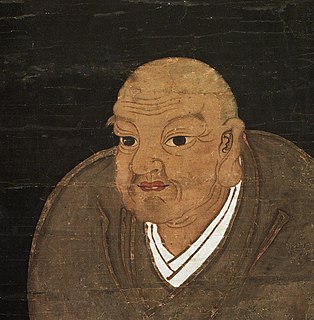A Quote by John Lancaster Spalding
The aim of education is to strengthen and multiply the powers and activities of the mind rather than to increase its possessions.
Quote Topics
Related Quotes
We see that there are two different kinds of...societies: (a) parasitic societies and (b) producing societies. The former are those which live from hunting, fishing, or merely gleaning. By their economic activities they do not increase, but rather decrease, the amount of wealth in the world. The second kind of societies, producing societies, live by agricultural and pastoral activities. By these activities they seek to increase the amount of wealth in the world.
We do not have to wait for future discoveries in connection with the powers of the human mind for evidence that the mind is the greatest force known to mankind. We know, now, that any idea, aim or purpose that is fixed in the mind and held there with a will to achieve or attain its physical or material equivalent, puts into motion powers that cannot be conquered.
Men and women who turn their lives over to God will discover that He can make a lot more out of their lives than they can. He can deepen their joys, expand their vision, quicken their minds, strengthen their muscles, lift their spirits, multiply their blessings, increase their opportunities, comfort their soals, and pour out peace.
But I'd rather help than watch. I'd rather have a heart than a mind. I'd rather expose too much than too little. I'd rather say hello to strangers than be afraid of them. I would rather know all this about myself than have more money than I need. I'd rather have something to love than a way to impress you.
Assuming that a tax increase is necessary, it is clearly preferable to impose the additional cost on land by increasing the land tax, rather than to increase the wage tax - the two alternatives open to the City (of Pittsburgh). It is the use and occupancy of property that creates the need for the municipal services that appear as the largest item in the budget - fire and police protection, waste removal, and public works. The average increase in tax bills of city residents will be about twice as great with wage tax increase than with a land tax increase.
The class distinctions simply result from the different degrees of success with which men have availed themselves of the chances which were presented to them. Instead of endeavoring to redistribute the acquisitions which have been made between the existing classes, our aim should be to increase, multiply, and extend the chances.


































